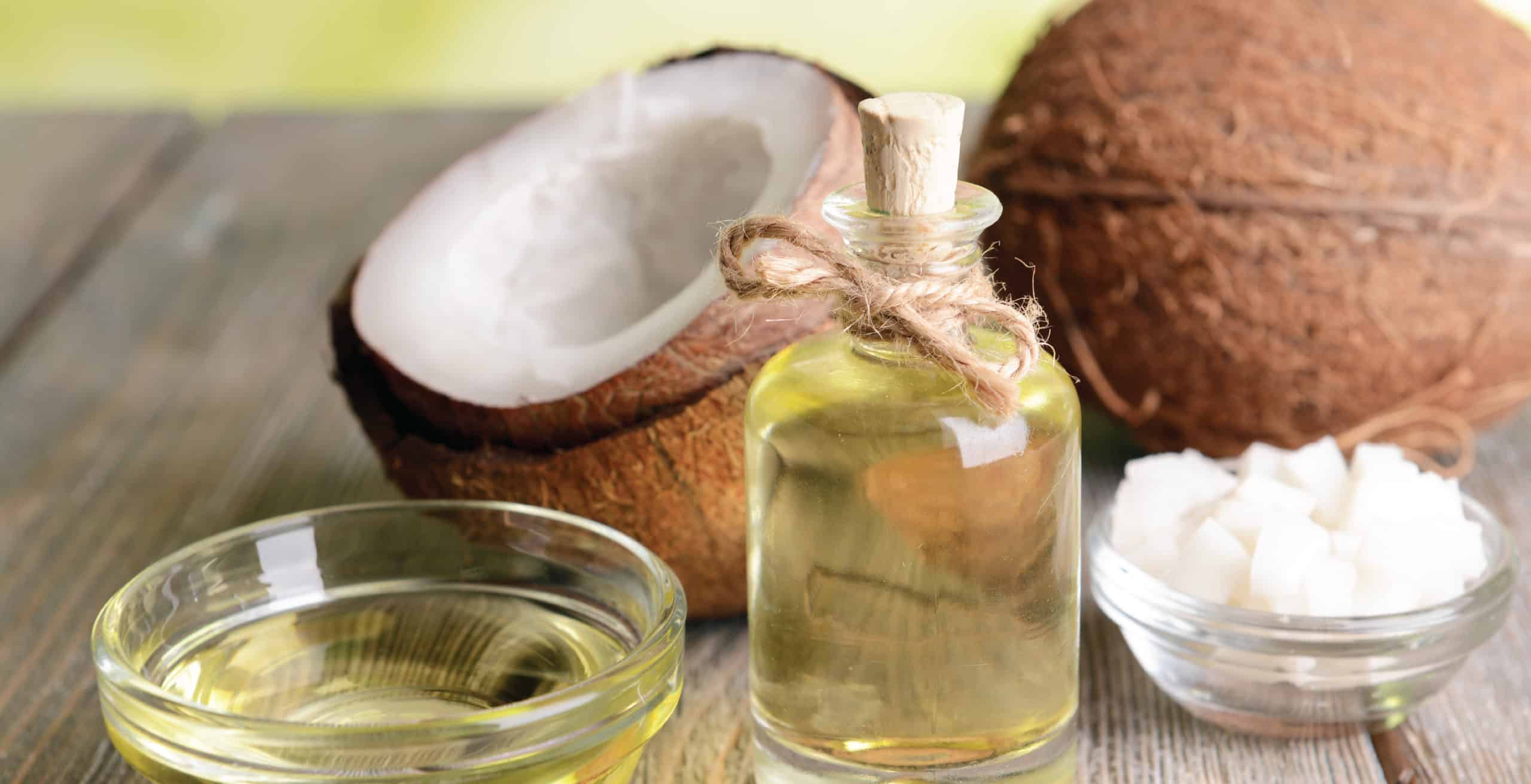October 2018
Hyemin Gu, Woon-Hae Kim, Hyun-Jin An, Jung-Yeon Kim, Mi-Gyeong Gwon, Sang Mi Han, Jaechan Leem, and Kwan-Kyu Park
Abstract
Atopic dermatitis (AD) is a chronic skin inflammatory disease characterized by recurrent eczema and itching. It is caused by a poorly controlled immune response and damage to the skin barrier.
Purified bee venom (BV) is a natural toxin produced by honeybees (Apis mellifera L.), and is well known for its anti-inflammatory, analgesic and anti-cancer effects against various types of disease.
However, treatment strategies based on anti-inflammatory properties have not been adequately studied in AD. Thus, the present study examined the progression of AD-like skin lesions induced by ovalbumin (OVA) and the mechanism of action of BV.
BV, administered by intraperitoneal inoculation, was observed to reduce the symptoms of AD, in addition to the serum immunoglobulin E levels, according to dorsal skin thickness and histopathologic analysis.
The treatment also inhibited the infiltration of eosinophils and mast cells. These results suggested that it is possible to develop novel AD alternative therapy using BV by effectively suppressing allergic skin inflammation in AD.











